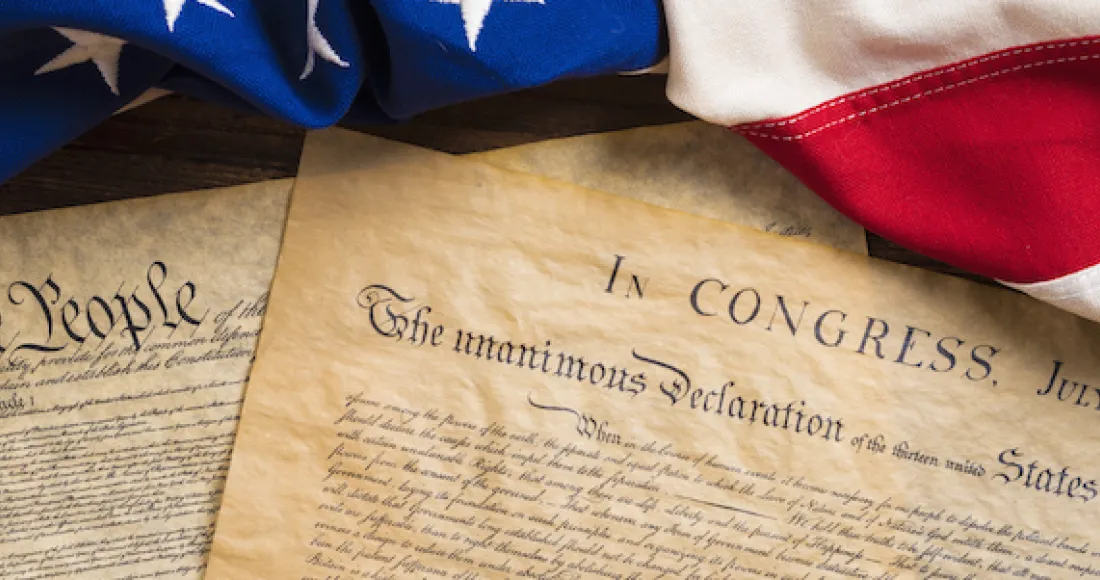
The False Claims Act (FCA) is primarily designed to root out deliberate fraud schemes committed against the federal government and American taxpayers. A June 2016 Supreme Court decision could potentially expand that definition, however, and has generated controversy among healthcare corporations and patient advocacy groups.
Defining fraud
Universal Health Services is a healthcare company based in King of Prussia, Pennsylvania. As a government contractor, UHS provides mental and behavioral health services through Medicare and Medicaid.
UHS was sued by the federal government through a qui tam lawsuit, Universal Health Services vs. United States ex rel. Escobar. The whistleblowers, a Massachusetts couple, filed the lawsuit in response to their daughter’s death.
19-year-old Yarushka Rivera died of a seizure after receiving treatment in a UHS-operated mental health facility. The seizure was reportedly caused by medication the facility gave her to treat bipolar disorder.
The SCOTUS decision indicates that failing to disclose compliance violations when submitting claims can qualify as a violation of the FCA.
The lawsuit alleges that Rivera’s healthcare providers were under-qualified according to Massachusetts regulations, and that substandard care may have directly led to her death.
The supervisory requirements in question are detailed in federal regulations, but there has been disagreement about whether they apply specifically to claims submissions, or to eligibility to participate in federal healthcare programs overall.
UHS argued that the issue at hand is general, unintentional non-compliance rather than deliberate false claims submissions, but the Supreme Court’s 8-0 ruling against the healthcare company’s appeal suggests otherwise.
To commit fraud, therefore, is not just to explicitly lie about compliance. When requesting reimbursement from Medicare or Medicaid, the failure to report compliance violations–a lie by omission–can also constitute fraud.
This distinction is led by a concept called “implied certification.”
Implied false certification
To pursue an FCA case, the government typically needs strong evidence proving either an intent to defraud or specific false claims submissions.
A false claim is any invoice that misrepresents the services rendered or the appropriate federal reimbursement. The Escobar case suggests that a false claim can also be influenced by the overall context of the healthcare provider’s compliance.
Implied false certification is relevant when the omission of compliance information could impact the nature of the claim itself. Prior to the Supreme Court ruling, not all circuits were in agreement about whether implied certification could be upheld.
Of concern to many healthcare groups was the possibility that providers could be penalized for noncompliance with any and all Medicare regulations, even if those regulations were not specifically related to the individual claims submission under scrutiny.
The Supreme Court has specified, however, that implied certification applies only when the provider “fails to disclose non-compliance with material statutory, regulatory, or contractual requirements that make those representations misleading with respect to those goods or services.”
How could this Supreme Court ruling impact healthcare providers?
Investigating healthcare qui tam lawsuits takes considerable time and resources. Many qui tam suits can take years to resolve.
It’s important for healthcare providers to know that although the Escobar case makes room for implied certification in fraud cases, this change could actually create greater specificity in the effort to combat fraud.
It could also encourage hospitals and healthcare corporations to exercise more vigilance in their compliance procedures. Compliance with federal healthcare regulations matters, particularly when patient’s lives are at stake.
Qui tam attorney James D. Young considers the ruling a victory for those who wish to hold fraudsters accountable:
“The Escobar decision is a watershed moment for whistleblowers and their attorneys who have struggled to fight against a movement to write into the False Claims Act something which is not there and was never intended to be there.
For too long Defendants have argued, often successfully, that a violation of conditions of participation does not rise to the level of fraud under the False Claims Act.
The Supreme Court clarified that failure to comply with the rules and requirements underlying the expectations of the government, including conditions of participation, is actionable under the False Claims Act.”

